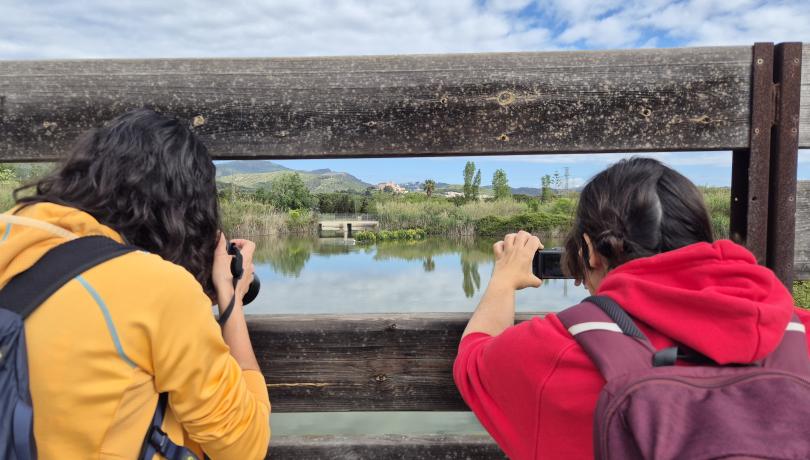This is the main conclusion of a new study published in the journal Sustainability, which defines these infrastructures as key tools for collecting environmental data and developing public policies based on scientific evidence.

A team led by the EMBIMOS group from the Institut de Ciències del Mar (ICM-CSIC) has published a study that redefines the role of citizen observatories in science. The work, recently published in Sustainability, proposes considering these observatories not only as participatory science initiatives but as research infrastructures, essential for science and public policy formulation.
Citizen observatories (COs) allow communities worldwide to collect environmental data, actively participate in science, and contribute to decision-making. However, the study shows that these observatories have been conceptualised in a fragmented manner, which has hindered their sustainable integration into scientific and institutional systems.
The article identifies three dimensions to define COs: as sociotechnical systems (descriptive), as research infrastructures (instrumental), and as advanced citizen participation initiatives (normative). In particular, the team highlights the infrastructural role of COs, a facet little explored until now, which includes both technical capabilities (data collection, quality assurance) and social functions (governance, community building).
Furthermore, the study distinguishes between two operational models: observatories explicitly designed for concrete research projects and open observatories that support multiple initiatives. Both models require sustained institutional support, shared services, and coordinated policies to ensure long-term viability.
“Recognising citizen observatories as research infrastructures is key to ensuring that participatory science continues to generate data and knowledge that contribute to addressing the local and global challenges of our society,” explains researcher Karen Soacha, lead author of the study.
For his part, Jaume Piera, co-author and principal investigator of the EMBIMOS group, highlights that “citizen observatories, understood as infrastructures, generate a new type of information, not previously considered, for evidence-based public decision-making.”
Overall, the work invites scientific institutions, administrations, and user communities to collaborate in designing policies and implementing actions to recognise the value of these observatories, promote their sustainability, and integrate them into the global scientific ecosystem.